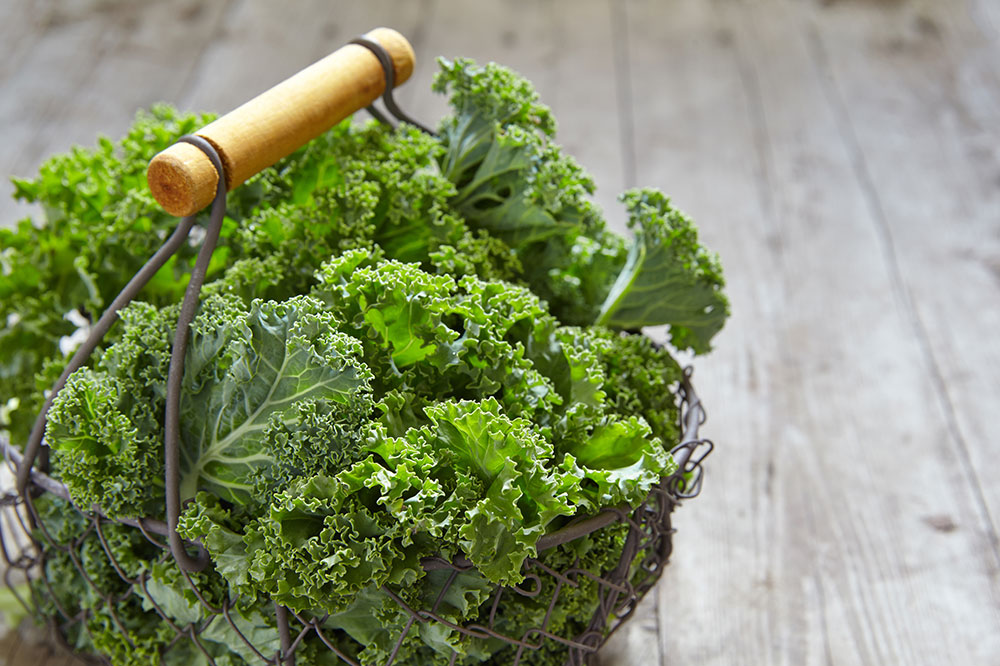Macular degeneration affects at least 10 million people in the country, which is more than the infections caused by other common eye conditions like glaucoma and cataract combined. This condition is caused by deterioration in the central portion of the retina. While there are alternate options that help treat macular degeneration, eating and avoiding certain foods can assist in its correction. This article points out the most important ones to keep in mind.
Foods to eat
The eyes need several nutrients for optimum functioning, making them all the more essential for macular degeneration correction. Including these foods can be quite beneficial:
Kale
Leafy vegetables like kale, spinach, and watercress are full of carotenoids. The macula requires these antioxidants to protect photoreceptors necessary for vision. Hence including leafy greens and other colorful veggies like carrots and red peppers to maintain carotenoid levels in the macular region.
Oranges
One of the other reasons for developing macular degeneration is a lack of blood flow in the macula due to weak blood vessels. Citric fruits like oranges, kiwi, and apples are rich in vitamin C. This nutrient helps strengthen blood vessels, hence slowing down the progression of macular degeneration. Adding foods rich in vitamin E and zinc to daily meals also assists in macular degeneration correction.
Salmon
Salmon, trout, tuna, sardines, herring, and mackerel are rich in omega-3 fatty acids. This nutrient helps lower risks associated with macular degeneration. Non-meat sources of omega-3s include walnuts, flaxseeds, brussels sprouts, and chia seeds.
Foods to avoid
Apart from including nutritious foods, it is equally crucial to exclude these foods from daily meals for effective macular degeneration correction:
Processed foods
Processed foods contain additives that help enhance flavor and shelf life. However, these additives can also aggravate macular degeneration.
Margarine
Unhealthy fats like margarine, vegetable shortening, and fatty cuts of meat can block the flow of blood in the blood vessels. Decreased blood flow can worsen and accelerate macular degeneration.
While the foods mentioned above can help manage macular degeneration correction, it is important to be aware of alternative remedies. Bevacizumab (Avastin) and Ranibizumab (Lucentis®) are VEGF inhibitors that can help slow the progression of macular degeneration. Apart from these options, Aflibercept (Eylea®) and Brolucizumab (Beovu®) by Novartis are prescribed by doctors and ophthalmologists to inhibit the progression of macular degeneration.



